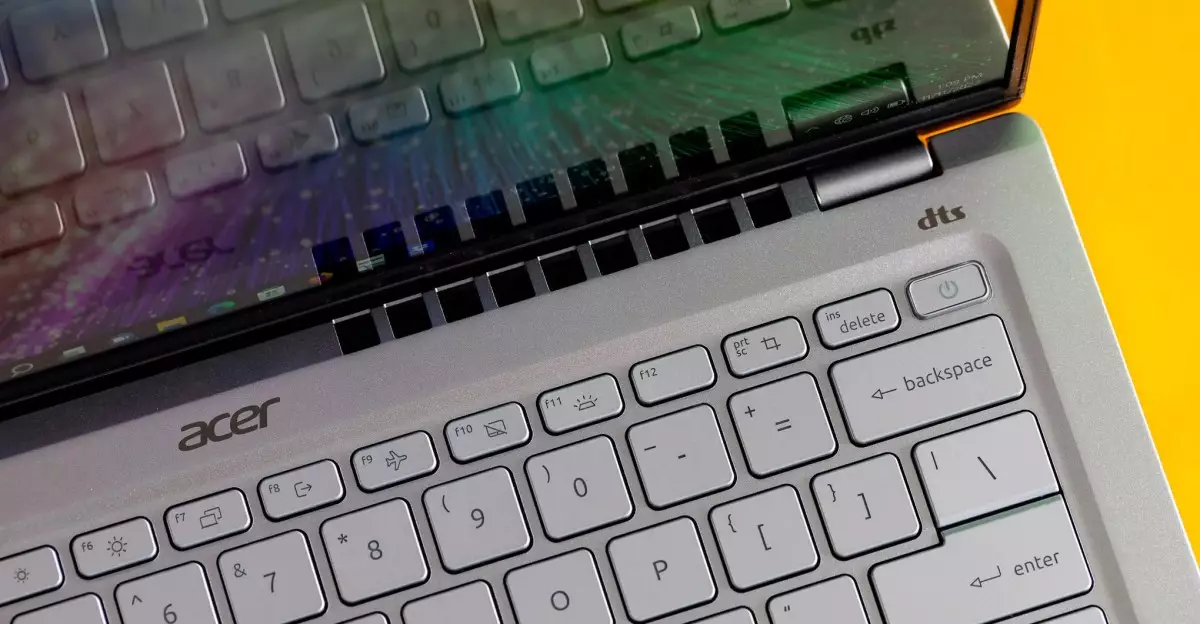In a time marked by geopolitical tensions and trade wars, companies are bracing for the impact of tariffs imposed by governments. Recently, Acer’s CEO and chairman, Jason Chen, stated that consumers in the United States should prepare for a 10% increase in laptop prices next month. This increase stems primarily from the new 10% tariff levied on goods imported from China, a consequence of the ongoing trade policies initiated by the previous U.S. administration. In the rapidly evolving tech industry, such price alterations can have cascading effects, influencing consumer behavior and shifting market dynamics.
Chen’s comments reveal a perplexing landscape where pricing tactics could become a strategic lever for competitors. He warned that rival companies might exploit this tariff situation, opting to increase prices even further under the guise of inflationary pressures. This sentiment raises concerns about ethical pricing practices in the tech industry. Are competitors going to capitalize on government changes to implement what could be perceived as price gouging? The market’s response to these tariffs might transform what should be a standard price adjustment into a competitive race to exploit consumer vulnerabilities.
Acer’s decision reflects a broader trend where companies reconsider their manufacturing strategies in light of import tariffs. Chen indicated that unlike laptops, the company had previously shifted its desktop production out of China, which mitigated some financial impacts during earlier tariffs. This hints at a potential pivot for laptop production to regions like the United States or other countries, a move that would undoubtedly reshape the global supply chain for electronics.
It’s crucial to note that while large firms like Acer are re-evaluating their production locales, a majority of the world’s laptop manufacturing is still rooted in China. This reliance creates a potential vulnerability for companies such as Apple, Dell, and HP, which could all face similar price increases if they choose to maintain their existing supply models.
As the industry awaits reactions from competitors, the silence from major tech firms raises further questions. Companies like HP, Apple, and Lenovo have yet to clarify their stance on the proposed price hikes, indicating a cautious approach to public statements on the tariff situation. Meanwhile, firms like Framework have already indicated that their unique manufacturing arrangements enable them to shield some of their products from price inflation but emphasize the need to diversify sourcing to mitigate risk.
As consumers brace for potential increases in laptop prices, the overall tech landscape will likely witness transformative shifts. Price hikes could alter consumer purchasing decisions, prompting buyers to delay upgrades or seek less expensive alternatives. Moreover, as manufacturers reconsider their supply chains, innovations in production strategies may arise, leading to a fine balance between cost efficiency and ethical consumer pricing.
The upcoming price adjustments herald significant changes in both manufacturing practices and consumer behavior in the tech industry. As stakeholders navigate the murky waters of tariffs and market strategies, one thing remains clear: transparency and ethical practices will be key to maintaining consumer trust and sustaining long-term growth.


Leave a Reply